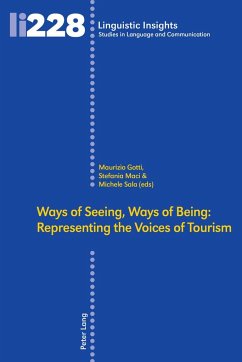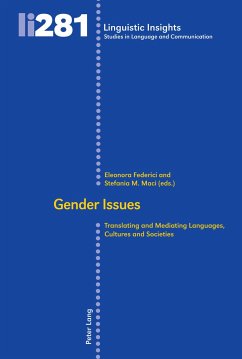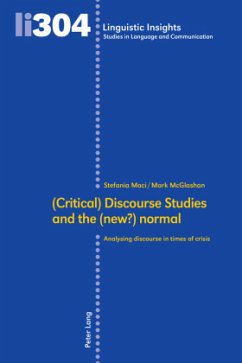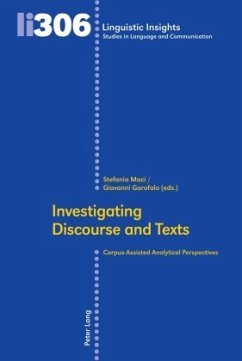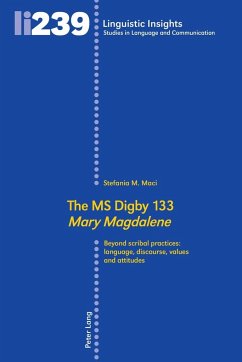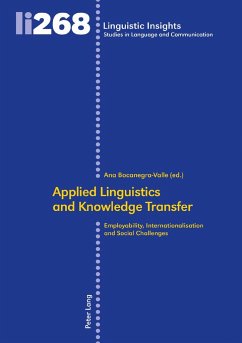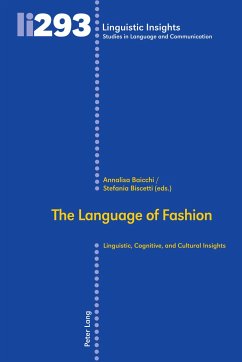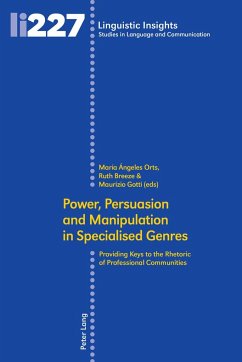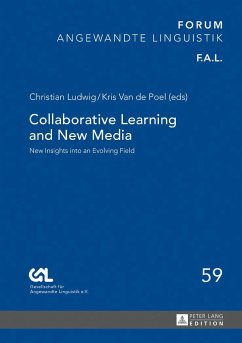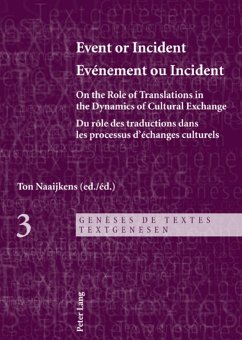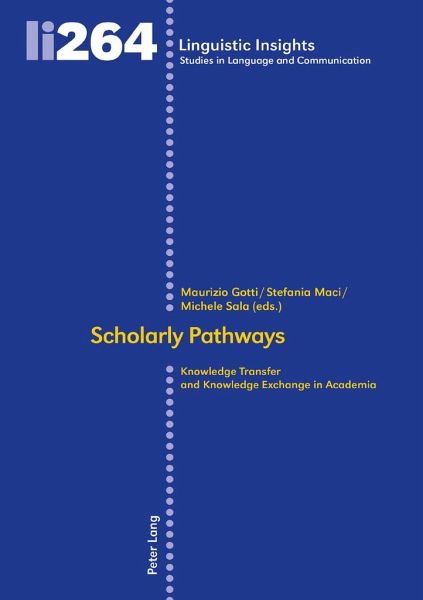
Scholarly Pathways
Knowledge Transfer and Knowledge Exchange in Academia
Herausgegeben: Gotti, Maurizio; Maci, Stefania; Sala, Michele
Versandkostenfrei!
Versandfertig in 6-10 Tagen
104,65 €
inkl. MwSt.

PAYBACK Punkte
0 °P sammeln!
With the increasing use of digital technologies in academic and research settings, scholars worldwide are engaging in new pathways for knowledge dissemination. Indeed, recent technological developments have made a dramatic change to the ways in which scholars nowadays access, distribute and disseminate their research work. The migration of traditional print genres to digital environments has caused phenomena of remediation, transmediality and genre hybridity. Moreover, new research-oriented genres on the Internet have emerged as a result of the multiple accountabilities of scientific output to...
With the increasing use of digital technologies in academic and research settings, scholars worldwide are engaging in new pathways for knowledge dissemination. Indeed, recent technological developments have made a dramatic change to the ways in which scholars nowadays access, distribute and disseminate their research work. The migration of traditional print genres to digital environments has caused phenomena of remediation, transmediality and genre hybridity. Moreover, new research-oriented genres on the Internet have emerged as a result of the multiple accountabilities of scientific output today. Thus, these scholarly pathways and transformative practices have opened up new and multiple perspectives and possibilities that are worth investigating.This volume explores knowledge dissemination practices according to two main orientations; first, with respect to the target audience, especially scholars vs. novices. Second in relation to the channels, especially multimodal and web-based platforms, and changing strategies such as popularization resources.





